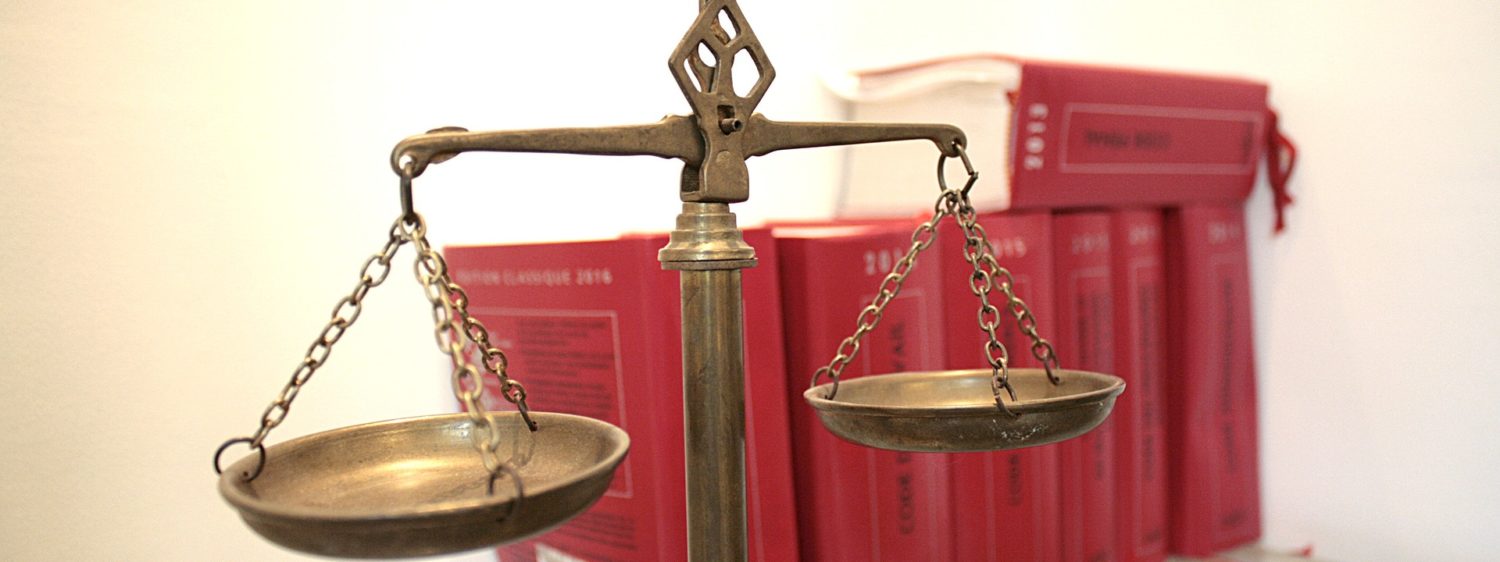Table of Contents
- What Is a Contested Divorce?
- Common Challenges in Contested Divorces
- Understanding Legal Proceedings
- Typical Timeframes Involved
- The Importance of Legal Guidance
Key Takeaways
- A divorce that is disputed can take a long time and be complicated.
- Understanding the common challenges can help prepare for the process better.
- Proper legal guidance is essential for navigating a contested divorce.
What Is a Contested Divorce?
A disputed divorce occurs when spouses cannot come to a consensus on key issues such as asset division, child custody, or alimony. This necessitates the court’s participation in resolving these issues, frequently resulting in a lengthy and intricate procedure. Gaining insight into the complexities of a contentious divorce can be extremely helpful in preparing for the legal process. Due to the complex legal and emotional challenges, it is essential for individuals going through a contested divorce to be properly equipped and knowledgeable about the process and possible obstacles they may face.
Common Challenges in Contested Divorces
Contested divorce Tampa, often presents numerous challenges that can affect both parties involved in many ways. From emotional stress to financial strain, the ramifications of a contested divorce are far-reaching. Child custody disagreements, for example, are among the most contentious and impactful aspects of a divorce. Such disputes strain the parents and can significantly affect children, impacting their psychological well-being and academic performance.
Financial disputes are another major challenge in contested divorces. These disputes often necessitate detailed financial disclosures, asset appraisals, and sometimes forensic accounting. Such measures are essential to ensure a fair distribution of assets but can prolong the divorce process and increase the stress levels of those involved. The complexity of financial arrangements, including investments, properties, and even debt, requires meticulous scrutiny and can lead to prolonged negotiations and court appearances. The economic burden can also extend beyond immediate expenses, potentially impacting both parties’ long-term health and stability.
Understanding Legal Proceedings
The legal proceedings in a contested divorce involve multiple stages, each requiring its own preparations and legal nuances.
- Mediation: Attempt to reach an agreement outside of court. Mediation involves both parties working with a neutral mediator to resolve disputes amicably. While not consistently successful, mediation can be a less adversarial and more cost-effective solution compared to a court trial.
- Discovery: Exchange of financial and personal information between parties. Discovery is an essential stage during which both sides collect the required paperwork and proof to back up their arguments. This process may take a while, particularly if one party is unwilling or unhelpful.
- Settlement Conferences are discussions aimed at resolving disputes without a trial. During settlement conferences, both parties and their attorneys meet to negotiate and attempt to reach a mutual agreement. The court may also facilitate these discussions to encourage a resolution.
- Trial: Final option if no settlement is reached, where a judge makes the decisions. If mediation and settlement conferences fail, the case goes to trial. The trial involves presenting evidence and witnesses before a judge, who ultimately decides on contested issues.
Each stage demands meticulous preparation, from gathering evidence to deposing witnesses. Legal guidance is crucial throughout these stages, ensuring you present a strong case and protect your interests. The complexity and formalities of legal proceedings can be overwhelming without proper legal representation, making it essential to have experienced counsel guiding you every step of the way.
Typical Timeframes Involved
The duration of a disputed divorce case can greatly fluctuate based on various factors. According to legal experts, the process can take several months to years, primarily depending on the complexity of the issues and the level of cooperation between the parties. Data shows that, on average, contested divorces take about a year to conclude. Several elements influence this timeframe:
- Court Backlogs: The court’s caseload can significantly delay proceedings, especially in jurisdictions with high divorce rates.
- Number of Contested Issues: More contested issues mean more time spent in negotiation, discovery, and potential trial.
- Willingness of Parties to Compromise: Cooperation between parties can expedite the process, whereas adversarial stances can prolong it.
Factors like court backlog, the number of contested issues, and parties’ willingness to compromise all impact the overall duration. While some divorces might be resolved within a few months if there is a high degree of cooperation, others can drag on for years, especially when multiple disputes need resolution. Knowing what to expect regarding timing can help you manage your expectations and plan accordingly.
The Importance of Legal Guidance
Having experienced legal counsel is crucial in navigating a contested divorce. An attorney provides essential advice and representation, ensuring your rights are protected. Legal guidance is necessary during critical stages like mediation and trial, helping you make informed decisions and potentially reducing the overall duration and cost of the divorce. Seasoned lawyers can foresee possible problems, plan efficiently, and bargain on your behalf to reach the most favorable result.
Legal counsel can also help you understand your decisions’ legal nuances and implications, making the process more transparent and less daunting. While hiring a competent attorney may seem high, the benefits of proper legal representation can outweigh the expenses, considering the potential financial and emotional costs of a protracted or unfavorable divorce outcome.

